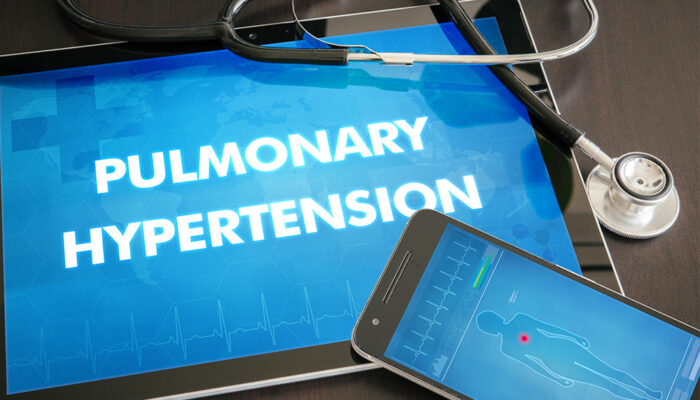
5 Early Signs of Menopause
Menopause is a natural biological process that marks the end of a woman’s reproductive years. It typically occurs between the ages of 45 and 55 but can happen earlier or later. Leading up to full menopause, the body goes through several changes, including hormonal fluctuations that can cause various symptoms. This period leading up to menopause is known as perimenopause, which often brings about these early warning symptoms:
1. Irregular periods
As the ovaries begin to produce less estrogen and progesterone, periods can become irregular, lighter, or heavier before eventually stopping altogether. This can make it difficult to predict when a period will occur and lead to heavy bleeding or spotting. Other conditions, such as polycystic ovary syndrome or thyroid disorders, can cause this. It’s important to consult your doctor if you are experiencing the problem and to rule out any underlying conditions.
2. Disrupted sleep
Insomnia or difficulty sleeping is a common symptom of menopause and can be caused by hot flashes and night sweats, anxiety, and depression. Women may find it hard to fall asleep, wake up frequently during the night, or wake up early and be unable to fall back asleep. This can lead to feelings of fatigue and irritability during the day. To improve sleep, a woman can establish a regular sleep routine, avoid stimulating activities before bedtime and ensure the bedroom is dark, quiet, and cool.
3. Reduced libido
As estrogen levels decline, many women have decreased interest in sexual activity. Vaginal dryness can also make intercourse uncomfortable. The hormonal changes of menopause can also affect a woman’s body image, further reducing sexual desire. Many women may benefit from sexual counseling and pelvic floor therapy. In addition, several vaginal moisturizers and lubricants can alleviate dryness and discomfort.
4. Hot flashes and night sweats
These symptoms are caused by fluctuations in estrogen levels and can result in feelings of warmth and sweating, often accompanied by a rapid heartbeat. They can occur at any time of day or night and can range from mild to severe. Some women may experience hot flashes that last a few minutes, while others may experience them for several hours. Night sweats can also disrupt sleep and make it difficult to fall or stay asleep. Some women may find relief through lifestyle changes such as avoiding triggers such as caffeine, alcohol, and spicy foods. Hormone therapy may also be prescribed to reduce the frequency and severity of the flashes and night sweats.
5. Anxiety and low mood
Hormonal changes during perimenopause and menopause can also affect a woman’s emotional well-being. Many women report feelings of anxiety or depression during this time. This can be due to a variety of factors, including the physical symptoms of menopause, as well as the emotional and social changes that often accompany this time of life. It’s important to talk to your doctor if you are experiencing anxiety or depression, as treatment options are available, such as cognitive behavioral therapy, exercise, and medication.
Menopause and perimenopause can bring about a variety of symptoms that can affect a woman’s physical and emotional well-being. Understanding the early signs of menopause, such as the flashes and night sweats, anxiety and low mood, disrupted sleep, reduced libido, and irregular periods can help women prepare and manage these changes. It’s important to note that every woman’s experience of menopause is unique, and it’s important to consult with a healthcare professional to determine the best course of treatment. With proper care and support, women can navigate this stage of life easily and gracefully.



